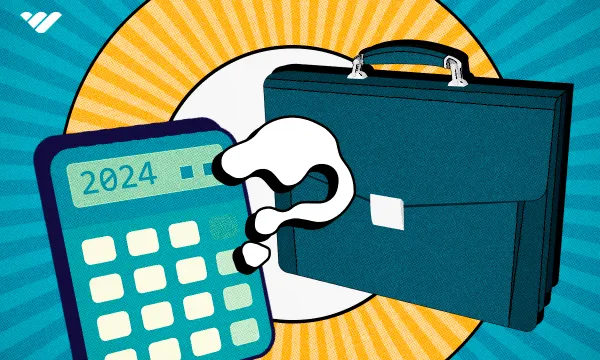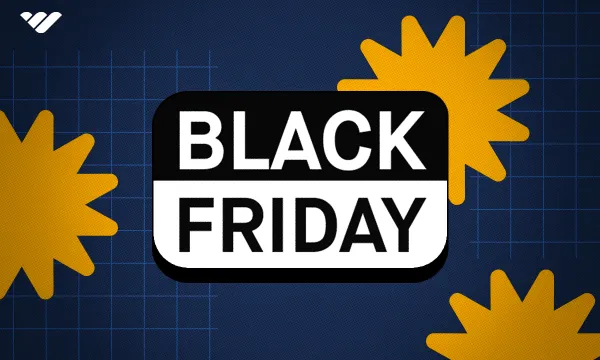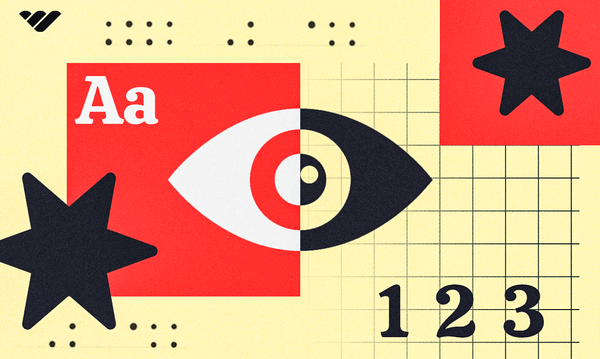When it comes to getting started in entrepreneurship, many people jump into setting goals and creating timelines without carefully considering all aspects of their potential business. However, perhaps the most important question to consider when bringing your business to life is how much it costs to start it.
Too many entrepreneurs with a good idea fail because they weren’t financially prepared. So, in this guide, we’re aiming to educate you so you can avoid this mistake and have a good monetary base to build a profitable business from. We’ll go over several different industries and how much it costs a business within each of them, along with specific examples.
Finally, we’ll go over some of the best ways to start a business if you have a limited budget, with options including raising money or starting with a platform and product that is free or cheap to use and create. While funds should never be a reason to stop you from starting the business of your dreams, you need to be realistic with the expectations you set based on how much you’re starting with, as fortune favors not just the bold, but the prepared.
How Much Does it Cost to Start a Business?
It’s impossible to come up with a catch-all figure that shows how much it costs to start a business, as there is a huge variance based on the type of business you’re hoping to create and the industry that you’re in.
Although the specifics differ between products and industries, here is a list of the most common shared start-up costs across a range of business niches:
Production costs

In terms of production costs, the range is vast. On the lowest end of the cost spectrum are digital products where it’s possible to make a product entirely for free using readily available platforms and tools.
With physical products, you’ll have to either buy or manufacture inventory to sell. The simplest and cheapest way to start a physical products business is with reselling, where you can get profitable inventory in basically any price range, including the most limited of budgets.
Manufacturing your own product from scratch has the highest associated production cost. This will include the need to spend money on prototyping, sourcing samples, and possibly securing intellectual property protection such as patents in addition to the need to meet a high initial minimum order quantity in order to make room for profit margin. This all adds up to an initial production cost of a few thousand dollars at minimum.
The only exception in the physical product work where there is no associated production cost is with dropshipping, where you can sell inventory without needing to buy it first.
Storefront costs
Having a storefront is essential to getting your product to your customers, so this is one of the most important costs to consider.
With digital products, you can choose from a number of quality SaaS ecommerce platforms to act as your virtual storefront. These range from totally free to a few hundred dollars per month to use, but also be sure to take into account other potential associated expenses like domain hosting, server costs, and custom development work.
In the realm of physical products, you have two options. The first is to set up a brick and mortar storefront which will cost you rent, insurance and staff. The second is instead having an ecommerce store, which will save you these costs and is usually the better option, since a large number of consumers shop online (as evidenced by this ecommerce study).
Fulfillment costs
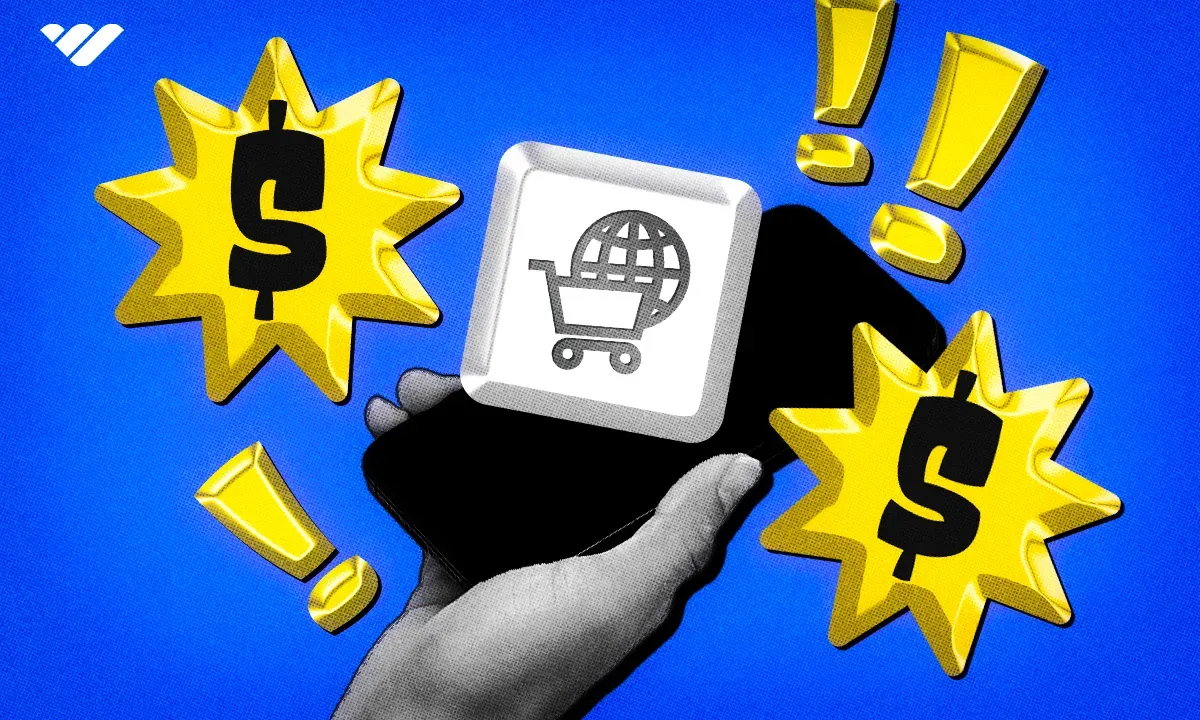
Once you have a product made and a storefront set up, you’ll need to get it in the hands of your customers–this is known as product fulfillment, and it also has associated costs.
If you’re selling digital products, taking into account your existing storefront costs, your additional fulfillment costs will be low to none, with some platforms taking care of digital product fulillment for you. But with physical products, you’ll have to be prepared to pay.
Shipping, packing, materials and potentially storage space are all necessary associated costs with fulfilling physical product orders, even if a third-party is fulfilling orders for you, you are still responsible for the costs. Don’t forget about the potential costs of dealing with returns, which can also add time and expenses.
Staff costs
Even if you start your business alone, if you do eventually scale to a level of earning a full-time living, you’ll need to delegate any easily replicable or mundane tasks to staff so that you can scale even more and sustain your workload.
Your staff can be comprised of freelancers, contract workers, full-time employees, or a mixture of those. Be sure to only add staff if necessary and if it justifies a good return on investment, and do research on fair market rates before soliciting talent.
Product Marketing costs

Another cost that may not be included in your start-up budget but is still necessary to forecast is that of product marketing. A good rule of thumb would be to allocate up to 10% of your revenue to marketing, but if you are able to wait to be profitable and you want to scale quickly, you should funnel a higher percentage.
Different types of product marketing include traditional advertisements, influencer marketing, and brand collaborations or direct deals. For service-based businesses, your main goal will be finding leads, which may require the cost of staff to help with direct marketing in the form of outreach in order to source leads.
Physical products might also benefit from in-person marketing such as demonstrations or trade shows, so be sure to take these costs into account if these are relevant to your business and its product–this will most likely be the case if you’re offering an expensive and/or B2B custom product.
Average Business Costs by Industry
As we’ve learned, there’s a wide range of costs involved in starting a business of any kind, and the exact figure will depend on the type of venture you’re launching. In general, online ecommerce, specifically in the digital product realm, is the cheapest to get started with.
Physical businesses involving both products and services generally have the highest initial and operational overhead, however, launching a tech startup can perhaps be the most expensive to develop and gain initial traction.
Let’s break down some average startup costs by industry to give you a clearer picture:
| Industry | Average Startup Costs | Key Expenses |
|---|---|---|
| Digital Product Ecommerce | $200-$500 | Online platform fees, domain and server hosting, email marketing, product development |
| Physical Product Ecommerce | $500-$10,000 | Product sourcing or development, online platform and fulfillment fees, storage |
| Online Reselling | $50-2,500 | Product sourcing, online platform fees |
| Online Services/Agency | $1,500-$5,000 | Website development, marketing and advertising, training and certifications, staff |
| Media (Instagram, TikTok, YouTube, Podcasting) | $500-$5,000 | Audio and visual equiment, recording and editing software, website, marketing |
| Physical Reselling Store | $15,000-$50,000+ | Lease, inventory, insurance, licensing and permits, POS system, store preperation, staff |
| Restaurant | $75,000-$200,000+ | Lease, kitchen equipment, POS system, licesnses and permits, inventory, staff, marketing, Insurance |
| Cleaning Business |
$5,000-$10,000 |
Cleaning supplies and equipment, insurance, marketing and advertising, website, vehicle (if necessary) |
| Storage Unit Business | $1,000,000+ | Sufficient land purchase or lease, construction or renovation, security systems, management software, insurance, staff, marketing and advertising |
| Tech Startup | $50,000-$200,000+ | Software development, hosting and server costs, legal fees, user acquisition, staff |
How Much Does it Cost to Start a Small Business?
As we have seen from the brief overview of costs in different industries, starting a small business in any industry has the potential to become quite expensive quite quickly, as there are many different costs to factor in.
However, even if you are starting with a limited budget, you have several options for businesses that you can start with a limited budget.
Here are some of the best types of businesses that you can start without much money:
5 Small Businesses that You Can Start on a Budget
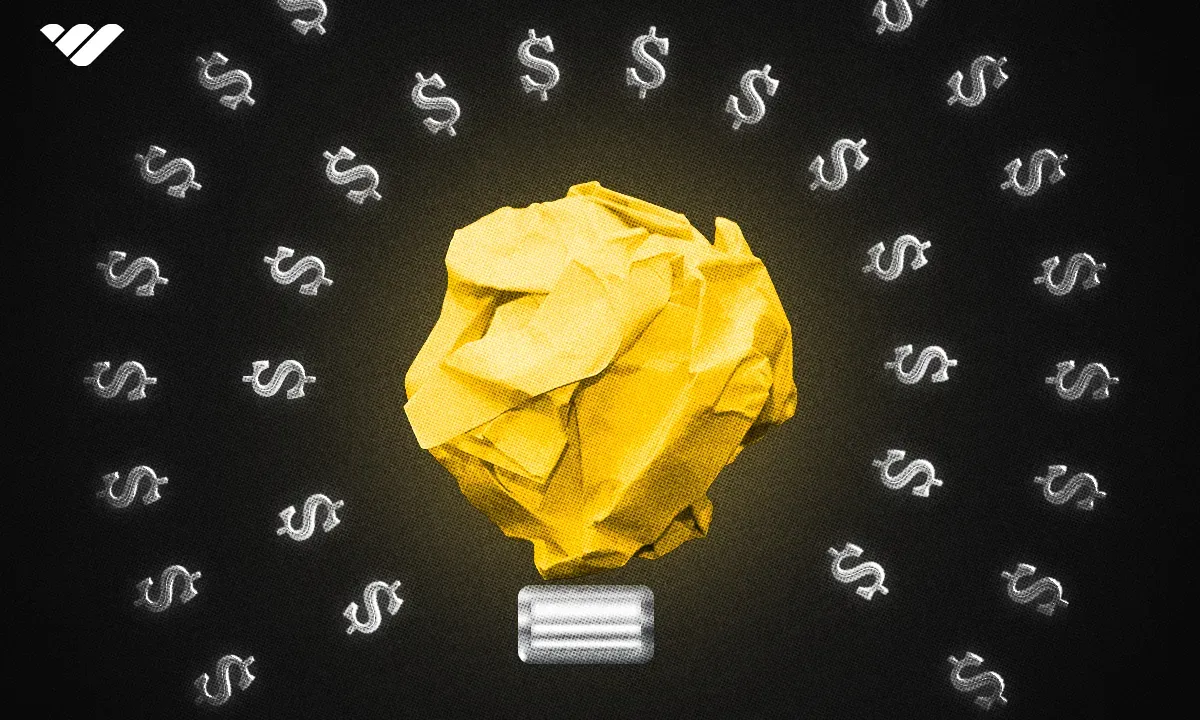
1. Digital products
Digital products are perhaps the best choice for starting a business on a small budget. There is a large spectrum of digital products you can create, so here are the main ones:
- EBooks
One of the most common digital products to produce fairly quickly and with very little associated costs is an ebook. You can use free software like Google Docs and Canva to outline and design your ebook–all you have to do to sell it once its done is to export it as a PDF and upload it on a platform or marketplace.
It may be possible to start an ebook business completely for free by leveraging the abundance of tools and social media that are available at no cost–all you need is to complete a unique offering that a target audience is likely to buy and to put it out there.
Read: How to Make Money Selling Ebooks - Online Course
Creating an online course follows nearly the same process as selling an ebook, but it will be more time intensive, have more associated costs, and require a course platform for hosting and selling. Plus, there is a need for higher quality content–meaning you need video and audio equipment.
As a seller on Whop, you’ll be able to access a built-in LMS that can securely host any type of online course completely for free. With Whop, you can also easily attach supplementary documents to enrich the experience of anyone enrolled.
You can read more about using Whop to launch your online course here - Online Community
A level up from selling an ebook or online course is hosting an online community. With a well-executed online community, you’ll be able to more effectively foster customer loyalty and develop a good brand presence and reputation–that is, hallmarks of a company that lasts with great potential for scale. Online communities are a great addition to any digital product, as they offer another revenue stream for an already-existing audience.
One of the most important considerations in launching an online community from scratch is picking the right platform to host it on. While some popular options include Facebook groups, Discord or Telegram, Whop makes it easy to create an online community quickly with your very own whop, a place where you can set up forums and channels in addition to installing apps that give you the ability to offer even more value. - SaaS
If you’re more technically-inclined and want to create a software solution that you can package and sell to many people as a digital product, software-as-a-service, or SaaS, is a great choice for a business to start with very little budget. Given that you have the skills to be the primary developer of the product, you will only have to spend money on the hosting and marketing of your product.
You can start small with simple tools like organizers, aggregators, schedulers or reminders that you can package as something like a Chrome or ChatGPT plugin to make it easy for customers to download and use.
Read: 30 SaaS Business Ideas That You Can Start Building Today
2. Online services
One type of business that requires no product in the traditional sense of having inventory is that of online services. As a provider of an online service, you can productize your skill in the form of coaching, tutoring, or consulting.
This is a great way for someone who has an in-demand skill to monetize knowledge simply by selling time. When figuring out what type of online service to offer, be sure to pick a realm that you have the most expertise and credibility around, and make it as clear as possible for the customer to understand what they are getting in terms of exact deliverables surrounding their time with you.
Many platforms exist that support skilled individuals offering online services: for example, there are websites that allow people to tutor others in languages or other subjects or platforms that vetted professionals can sign up with to sell consulting or coaching. Simply research what available platforms gather and advertise professionals in your realm of expertise and you’ll likely only have to pay a transaction fee or commission in addition to a membership fee to access a channel where you can get customers for the type of online service you provide.
3. Reselling
Getting started as a reseller can be done with basically any budget– some people got their reselling business started by sourcing an item for a dollar at a thrift store that they flipped for $20 or more on a platform like eBay.
With reselling, not only can it be easy to get started with even the most limited budget, it’s also something that can be started without much expertise beyond finding a profitable item to flip. Reselling also incorporates virtual every niche, meaning that it’s very likely that you can find an item that you enjoy reselling–a hallmark of those whose businesses become successful.
Although it’s easy to get started with reselling and to do it as a side hustle, getting to a level of consistency and scale can be difficult especially for those with a lower initial budget. However, with reselling, you have the potential to reinvest your earnings into more inventory and education to grow to the level that aligns with your ideal goals.
4. Dropshipping
A type of small business that is best known as an option to start even with the most constricted of budgets is dropshipping. Even though it’s in the usually pricey realm of physical products, dropshipping’s unique fulfillment and storage model in which the majority of responsibility is put on a third party supplier offloads all up-front costs that are normally associated with all other physical products business models.
While you can get started simply by finding a dropshipping supplier and signing up for platforms to advertise and sell your product on, these qualities that make for a low barrier to entry make the space highly competitive with margins that are often slim. However, dropshipping is still a great way to learn basic business chops of dealing with calculating profit margins, finding a good product/market fit, and learning how to market effectively.
5. Podcasts
One low-cost business model to start is podcasting. After investing in audio equipment, all you need is a dedicated space and perhaps editing software to get your podcast done. Uploading and hosting your podcast on most major platforms is generally free, with some only charging a fee for things like larger upload limits, more distribution, and access to richer analytics. Additionally, podcasts are not as saturated as other business models, and they have more monetization methods than you might be aware of.
It might seem like this is something only experts can do, but in today’s age, there’s an audience for basically any source of information that is focused, detailed and helpful, even if the producer of content isn’t technically an expert themselves yet.
For example, armed just with curiosity and without any real prior experience you can start a podcast detailing the early stages of you trying different ways to make money with AI, thoroughly documenting what works and what doesn’t in addition to quick updates on news in the industry.
Launch Your Business With Whop
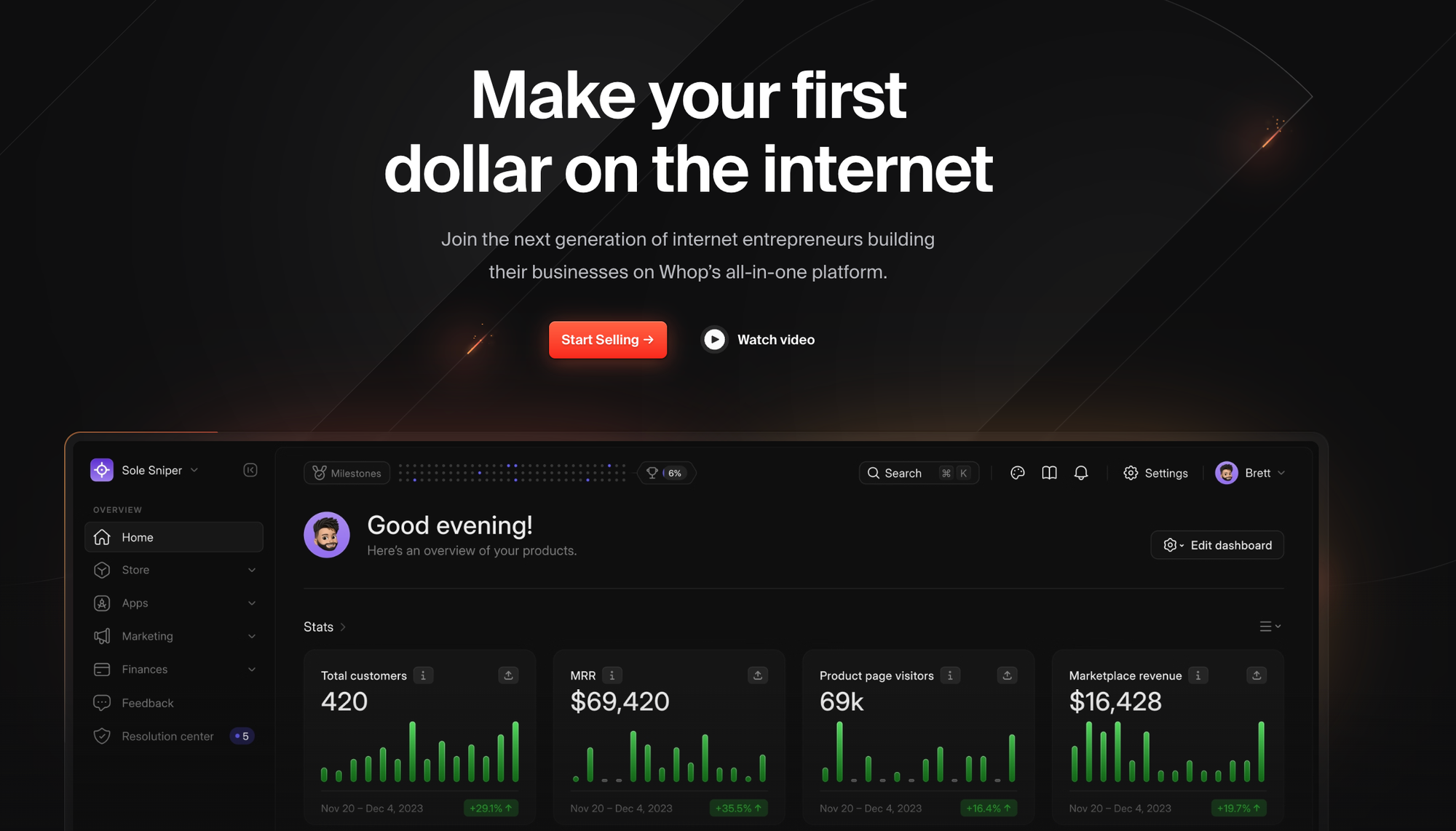
Starting a business requires the consideration of many costs, and these can add up fast, with some of the more intensive business models like self storage, restaurants or startups requiring an initial budget of six or even seven figures.
However, the cost of starting a business shouldn’t be a limiting factor for those who want to start a business today as there are many budget-friendly options, particularly in the digital product realm.
Whop is a platform was made by entrepreneurs, for entrepreneurs, and it’s paving the way as the number one place to sell digital products online, with entrepreneurs cashing in on their skills thanks to Whop's customizable, easy-to-use online spaces for hosting and selling digital products of all kinds. In March alone, over 1300 sellers each made over $2000, with 128 bringing in more than $50,000, and a 18 sellers each making a huge $250,000 in just one month!
So, whether you want to sell an ebook, digital course, community access, a podcast or SaaS, you can start your online business today with Whop for no monthly fee and an industry-low 3% commission.
Business Starting Costs FAQs
What’s the average cost to start a business?
The average cost to start a business varies widely depending on the industry, the type of product, and the business model. In general, digital products such as ebooks, courses, and communities have the lowest average starting cost that is can be in the range of a few hundred dollars. On the higher end of the spectrum will be tech startups, restaurants, storage businesses and extensive online services such as high level B2B agencies where initial costs can easily be in the five, six or even seven figures.
Should I ask for money to start my business?
In general, it’s best practice to self-fund or bootstrap your business when starting out. Asking for money to start a business will give you an added burden and the responsibility to repay your loan, which can either mean a high interest rate, a large chunk of equity given away, or both. You should only seek external funding if you have a proven business model with some history and your operational costs are forecasted to significantly exceed your personal resources. Another time when asking for money is appropriate is if your business model or profit margins require rapid scaling in order to compete or remain viable.
Should I start a business with a loan or a credit card?
While some people start businesses with a loan or a credit card, it’s generally not recommended to have the added risk of financial obligation when taking the already uncertain path of starting a business. However, when it comes to scaling your business, prudent use of credit cards and low-interest loans can be essential tools to help maintain healthy cashflow and give you the opportunity to scale.
How can I calculate the initial costs for my business?
When it comes to putting together a budget for your intended business as a new entrepreneur, it’s important to be reasonable but realistic. In order to accurately calculate the initial costs of your business, begin by listing out all necessary expenses, which can potentially include inventory, staff, marketing, and a method to fulfill your product. You should also add in an extra buffer for unexpected expenses in addition to paying special attention to any ongoing fees that are associated with operating your business.
What are the best businesses to start with a low budget?
The best low-budget businesses are those that leverage your existing abilities and free or cheap to use online platforms and have little to no cost for production or sourcing of inventory. Digital products, dropshipping, simple online services and reselling fulfill these traits and are generally the cheapest to get started with, having a required initial budget that can be under a few hundred dollars.
